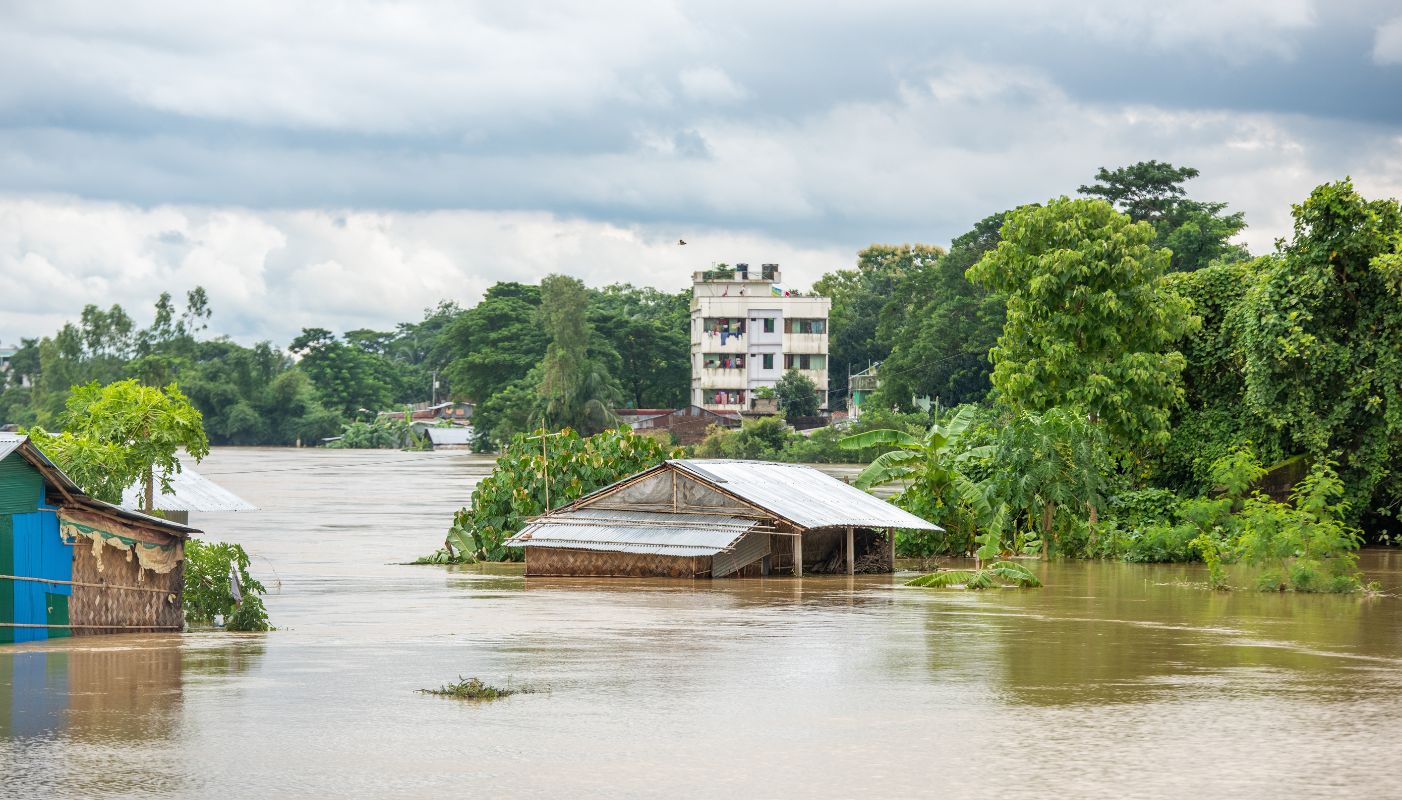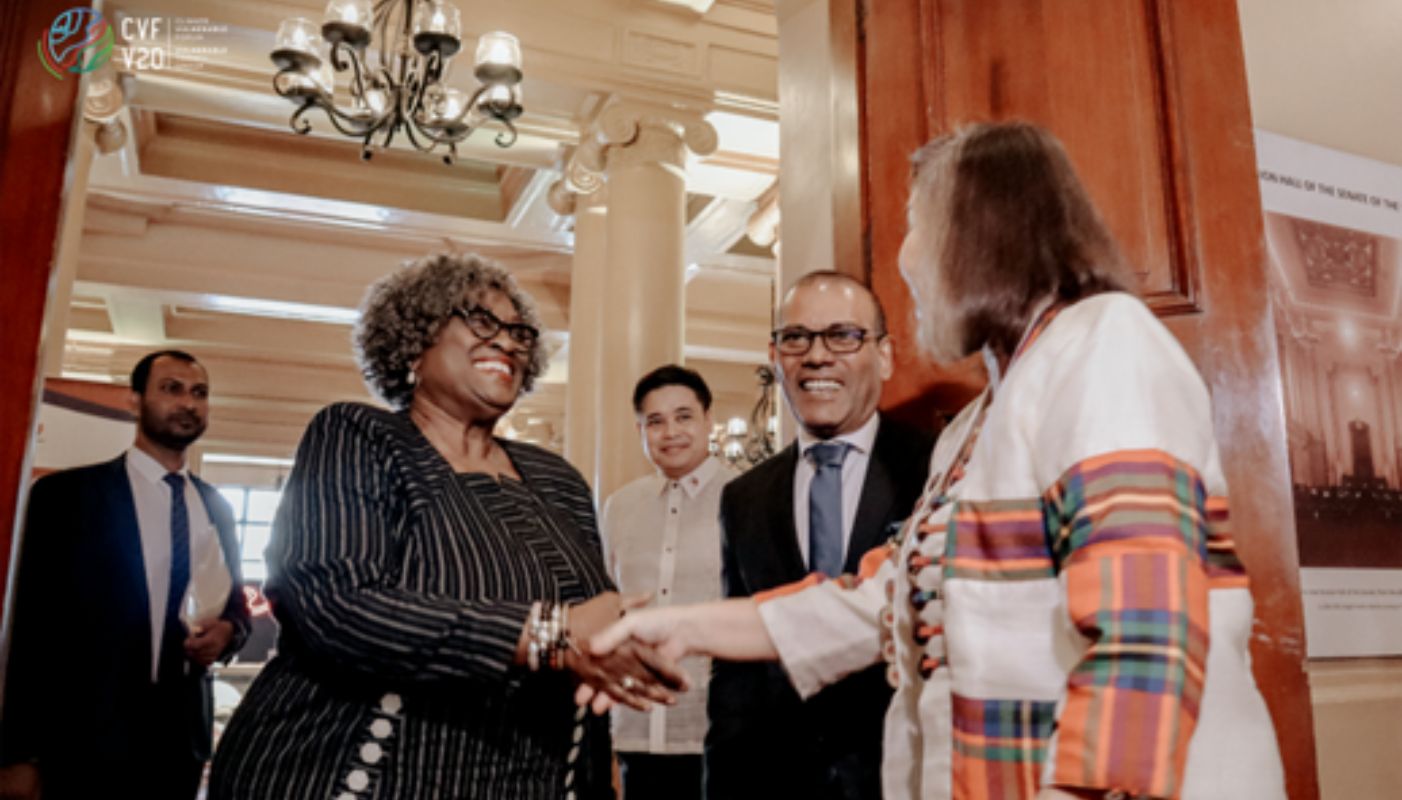Opening Ceremony lays the foundation for cross-sector collaboration and breakthrough solutions.
Who are the Vulnerable 20?

The story of climate change is also a story of selective outrage; some losses make global headlines, while others unfold unseen.
Consider this: when wildfires ravaged California, global news feeds filled with images of charred mansions, and a running list of celebrities who had lost their homes. Yet as rising waterlines erode Bangladesh’s coastline, displacing entire communities each year, there is near silence worldwide. Similarly overlooked is the plight of Turkish farmers battered by climate shocks, they face a heartbreaking decision: cling to land their families have worked for generations or walk away, unmoored.

This disparity in attention is a symptom of a much more profound issue: too many communities on the frontlines of climate change face a triple injustice. They have often contributed the least to emissions. Yet they bear the brunt of its effects and receive less international support, little say in global climate action and, critically, a sliver of the share of global climate financing.
The Vulnerable Twenty Group (V20) was formed to change that.
Who are the V20?
The V20 is a coalition of finance ministers from the countries that are most vulnerable to the impacts of climate change, spanning Africa, Asia, the Pacific, the Caribbean, and Latin America. The name is a deliberate misnomer, an ironic reference to the G20, which defines itself by its towering economies. Instead, this 74-strong group of countries makes their shared vulnerability to climate change the source of their collective power.

The ministers represent over 1.7 billion people who are living out the worst-case scenarios of a warming world. Farmers whose crops are shriveling under drought or lost in floods; laborers whose working days are cut short under sweltering heat, gutting their income; fishers whose communities are disappearing alongside fish and coral. These communities are on the frontlines of climate change, a dire warning to others about what will happen without urgent action. The V20 gives these people a voice on the world stage, keeping the very impacts of climate change on the global agenda and in financial decisions.
The V20’s mission: a fairer response to climate change
The V20 focuses specifically on the economics of climate adaptation. They are advocates for international finance reform, which will be urgently needed. As it stands today, the nations of the Vulnerable 20 are doubly condemned: once by climate change, and again by economics.
Between 2000 and 2019, climate change wiped an eyewatering $525 billion from the budget of V20 countries. Simultaneously, their economies are hamstrung by global debt. Estimates from the V20 put the total debt carried by V20 countries at $1 trillion, with multilateral development banks standing as the largest creditor group. And these hefty bills are coming due. In 2024, the V20 estimated that debt service payments may total over $131 billion.
V20 leaders advocate for relief scenarios, rethinking repayment terms and financing to give these economies much-needed breathing room. Extending repayment terms could cut payments by $267 billion, or lowering interest rates could save countries $454 billion. The argument for finance reform is more than a moral one, but also a practical one: if these economies destabilize, the domino effect will be devastating, even for the titan economies of the Global North.
The V20 's members have wielded their influence in the landmark climate decisions of the decade, including the Loss and Damage Fund and the Glasgow Climate Pact.
Beyond advocacy, the V20 has also launched practical tools to address the needs of its members. One notable initiative is the Global Shield against Climate Risks with the G7, aiming to close the protection gap through mobilizing insurance and disaster risk finance. It also established the CVF & V20 Joint Multi Donor Fund to support climate action and the implementation of Nationally Determined Contributions (NDCs) in member states.
Changing climate, changing politics
The fight against climate change plays out as much in political decision-making as it does on the ground. With economies already feeling the impact of a warming world, the V20 will only grow in importance as a driver of more equitable transition.
Beyond the practical changes the group champions, the V20 offers a blueprint for climate leadership defined not just by economic prowess, but by moral clarity and lived experience. Collectively, the V20 demands that the global conversation shift away from viewing climate action as mere aid and instead recognize it as justice and investment in a shared future. In doing so, they reframe the climate crisis for what it truly is: a global reckoning over who pays, who decides, and who survives.

